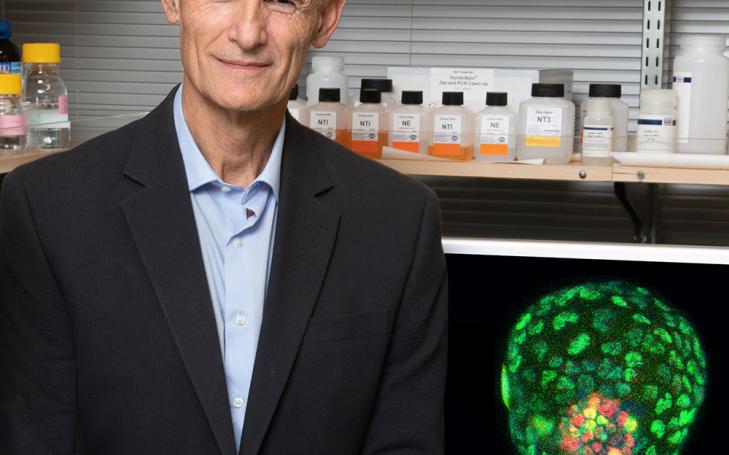
Izpisua creates synthetic mouse embryos to gain more knowledge about the beginning of life and human health
They are mouse embryods (in the blastocyst phase) for whose creation he has used iPS cells. The advance will allow to study, without having to use natural embryos nor gametes, the development of the first embryonic stages, the causes of miscarriages or the onset of diseases such as Alzheimer’s disease, and it will provide valuable information for the creation of human organs for transplants. The research has been developed by the team of scientists led by Dr. Juan Carlos Izpisua, director of the Gene Expression Laboratory of the Salk Institute, in the US, and Professor of Developmental Biology at the UCAM.



